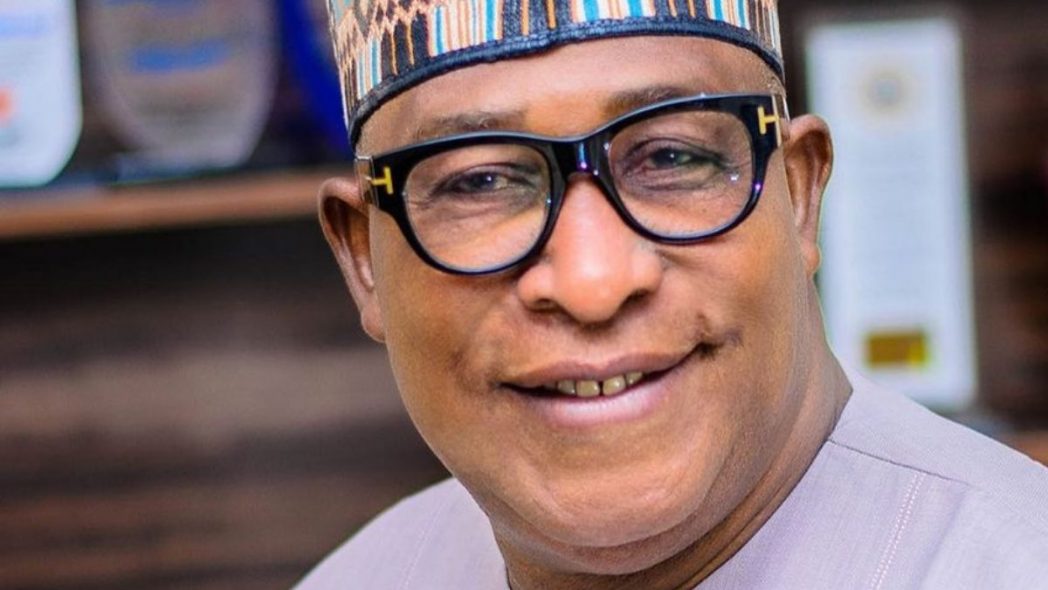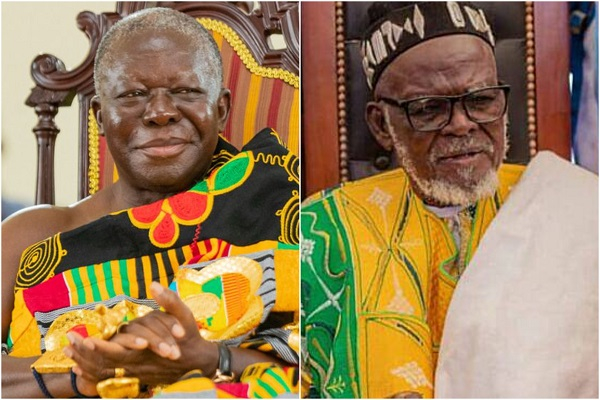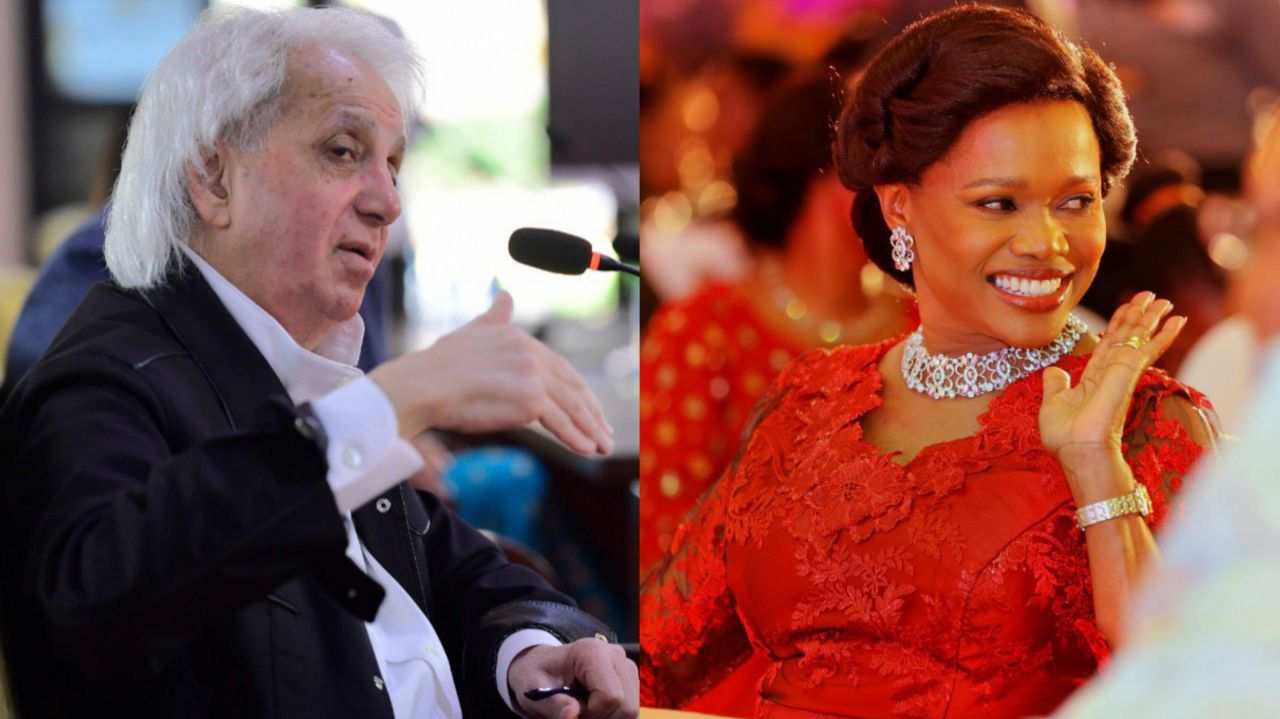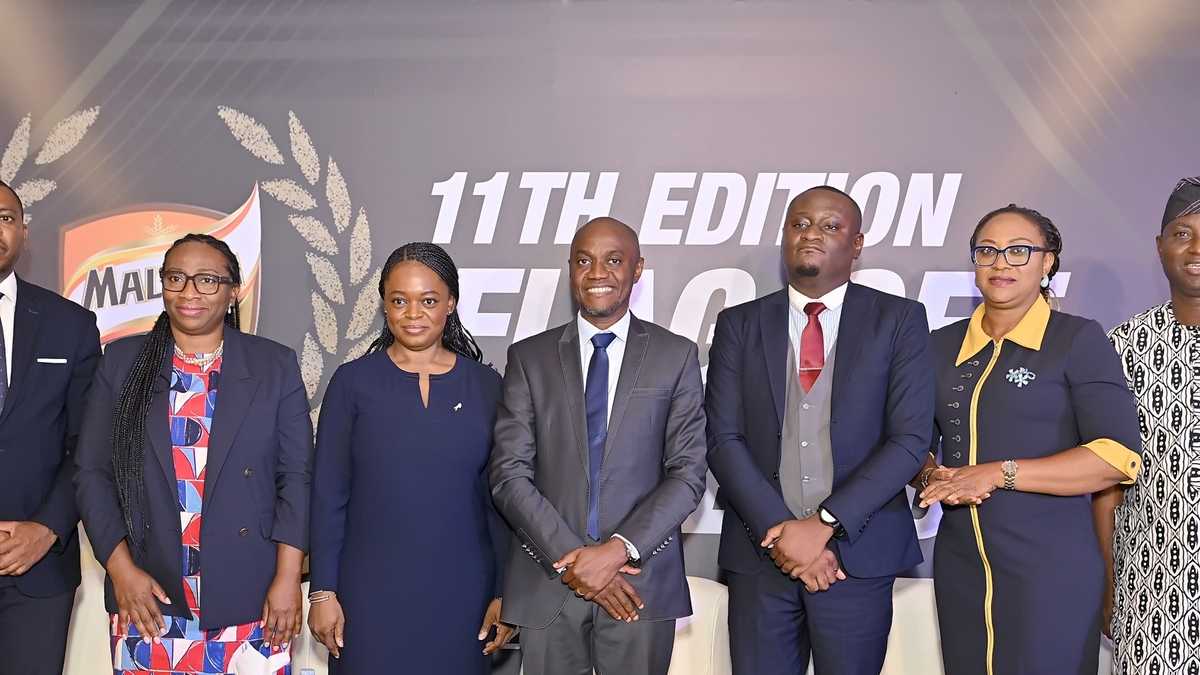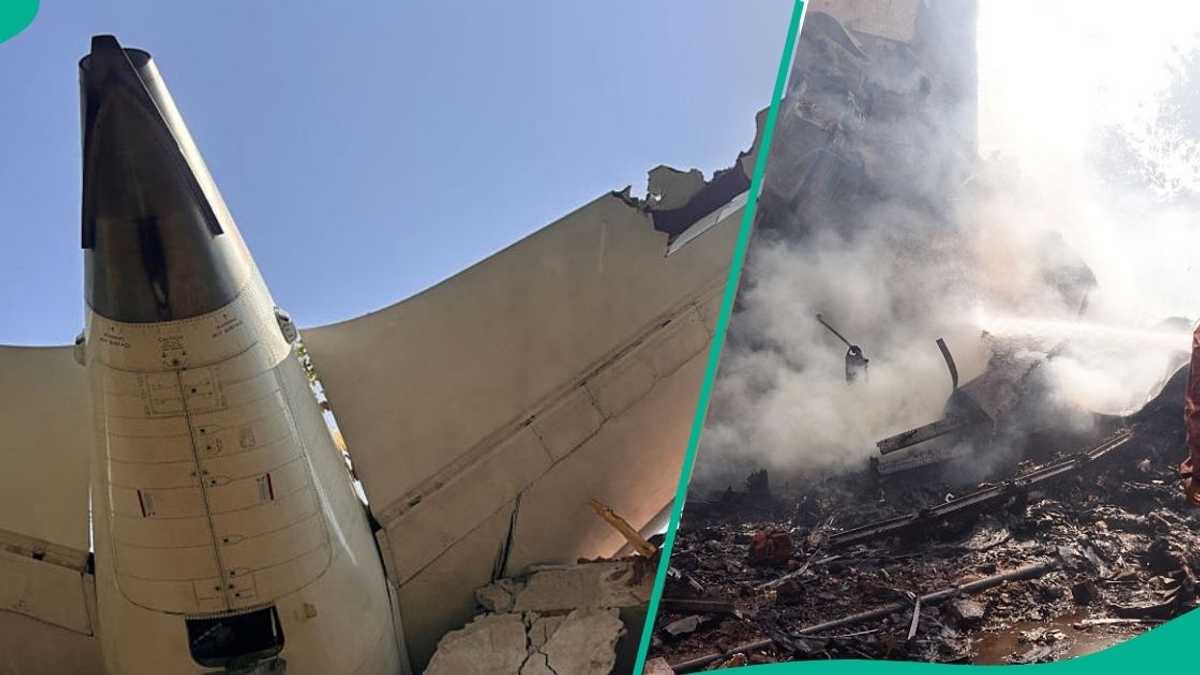How an AI cloning tool is letting this Quebec man with ALS keep his voice | CBC News
Leaning into a small microphone in a Quebec City studio, Dr. Alec Cooper takes a breath and reads out part of the often-quoted "To be, or not to be" soliloquy from Shakespeare's Hamlet.
"It's pretty dramatic," said Cooper, backing away from the microphone and letting out a laugh.
"I just realized, my God, it really is talking about death."
It's a subject Cooper says he's been forced to think about over the past year and a half after he was diagnosed with ALS, a terminal motor neuron disease. He was initially given an average life expectancy of two to five years.
The family doctor, originally from Victoria, had 1,800 patients before announcing his snap retirement last year.
Staying busy renovating his house to become wheelchair accessible, Cooper has also been spending more time in front of a microphone — recording common sayings, elaborate poems and his favourite book passages as part of the process to clone his voice for when the disease progresses further.

He's using AI-powered voice technology by ElevenLabs — a U.S.-based company that is offering the tech to one million people who suffer from degenerative diseases, including ALS, mouth cancer, stroke victims or those with Parkinson's disease.
The AI tool allows users to input a small amount of audio which generates a voice clone with that person's natural tone and inflection when they need to rely on text-to-speech devices. Cooper started feeding the ElevenLabs bank himself at home and is getting help from professionals at the local rehab centre.
"When the voice is gone, it's gone forever," said Cooper.
"Thanks to this technology, the disease can't take my voice away."
Compared to most people who have an ALS diagnosis, Cooper says he's considered a "slow progressor" and that he looks "pretty bloody good."
Still, the symptoms of the illness are creeping up. He says he's starting to have trouble dressing, doing up buttons and handling utensils.
His friend, Dr. Jean-Pierre Canuel, who was diagnosed with ALS 11 years ago, is further along.

Canuel, a retired doctor, still gardens using his lawn mower, drives an adapted van and is dedicated to his hobby of making wooden charcuterie boards. Sitting in his motorized wheelchair, he smiles while swiping through photos of his grandchildren. It takes great effort to speak, but Canuel tells CBC that before his diagnosis, "I was a strong man."
He did not have the opportunity to record his voice before his speech became severely impacted by the disease. Canuel burst into tears as Cooper greeted him in the recording area in Quebec City on a humid morning at the end of June.
"It's taken his voice away, which happens to all of us," said Cooper, resting his hand on Canuel's back, consoling him.
"He's facing it with tremendous courage."

It's an approach Cooper is trying to adopt, he says, taking all the advice and inspiration from Canuel as possible.
"I'll get all misty-eyed again, but Jean-Pierre is an incredibly courageous person. That's the way I want to be," he said, breaking down.
"You have to kind of embrace it and not deny it."
AI voice cloning is relatively new, says Dr. Angela Genge, head of the ALS Centre of Excellence at the Montreal Neurological Institute. She says until the past decade, it wasn't widely available to patients.
But multidisciplinary clinics can now offer patients voice banking relatively early on in their diagnosis, she says.

Meet the man using AI to clone his voice before he loses it to ALS
"It makes a big difference for them," said Genge, a professor at McGill University. "I see AI helping with quality of life and I think it's fairly significant."
She says she's used to hearing computer-generated voices articulating what patients want to say. Before the "computer age," she says patients were limited to talking using pointing cards.

Now, when the disease progresses to the point of impacting speech, a patient can be equipped with devices which can formulate words and sentences in their own voice, says Sophie Dupont, a speech language pathologist for the local health authority working at the Institut de réadaptation en déficience physique de Québec.
"When we're talking about text, you're literally going to be typing first [on a tablet] if you are still able," she said.

The tool can also be adjusted to be used through eye control or head tracking, much like the speech-generating device used by renowned physicist Stephen Hawking, who had ALS, Dupont says.
Usually, when patients arrive in her office, their ability to speak is already impaired, she says. In these cases, she relies on recordings or voicemails to power an AI voice.
Having worked with Cooper for the past six months, Dupont says the AI tool is used on an exceptional basis. She says she has to balance the urgency of patients' needs with current resources.
Traditionally, robotic voices available for ALS patients didn't come in all shapes and sizes, says Dustin Blank, based in Los Angeles, who leads partnerships at ElevenLabs.
"Now every dialect, every language … it sounds like yourself," he said.
"It is how they spoke in that same cadence, in that same emotion. And that's super powerful."
He says the company's impact program is hoping to find ways to get their voice technology into the hands of people who need it most.
With concerns regarding the power and security of AI, he says the company understands that voices, and the process of cloning them, are "powerful things."

Taking steps to protect people's voices with password protection and voice verification, the company takes safety "very seriously," he says.
Sylvie Barma, Cooper's wife of 30 years, says this tool is proof that AI is "not only bad things."
While her husband is enjoying the process of using the AI tool, for Barma, the recording process is a reminder of the reality of the disease and the challenges the couple is bound to face as Cooper's health deteriorates.
When she overhears him recording at home, Barma says she steps out into her sanctuary — her garden.
"I just move away," she says. "We know it's coming, but I prefer not to think too much ahead.
"It's going to be a legacy."
